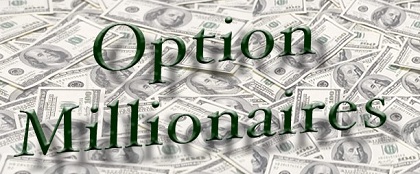A measure of confidence among American households fell for a second consecutive month, weighed down by weaker expectations for economic growth and heightened market volatility.
The Conference Board said Thursday that its index of U.S. consumer confidence dropped to 128.1 in December, down from 136.4 in November. The October index reading of 137.9 was the highest since 2000.
Economists polled by The Wall Street Journal had expected a December reading of 133.5.
Even though confidence remains historically strong, the report suggested consumers were spooked by the recent rout in global equity markets, weak housing data, and the continuing concerns about the Trump administration's trade actions this year. A gauge of the nation's households assessment of the present economic situation fell slightly in December, as well as an index tracking expectations for the future.
"Expectations regarding job prospects and business conditions weakened, but still suggest that the economy will continue expanding at a solid pace in the short-term," said Lynn Franco , the Conference Board's director of economic indicators.
However, Ms. Franco also said the recent declines reflect increasing concern about economic growth moderating in the first half of 2019. This is largely in line with what analysts expect, as fiscal stimulus from the late-2017 tax cuts fade, and the Federal Reserve continues to tighten monetary policy. At its latest policy meeting, the Fed revised its 2019 gross domestic product growth forecast down to a 2.3% annual pace from 2.5%.
Around 18.3% of survey respondents in December expected business conditions to improve over the next six months, compared with 21.9% in November, according to the research group. Meanwhile, the percentage of households expecting business conditions to deteriorate ticked higher, mirroring a recent survey that found small-business optimism fell for the third month in a row.
Americans' optimism on growth in the labor market and prospects for higher income also waned, according to the survey.
Despite the latest downbeat confidence report, jobless claims, a leading indicator of the economy's future trajectory, ticked down last week despite growing economic uncertainty. The measure gauges the number of Americans filing applications for new unemployment benefits.
Other economic data signal job prospects and wages remain strong, two factors that have helped bolster consumer spending in the holiday season. Early data have shown that U.S. retail sales, excluding automobiles, rose 5.1% between Nov. 1 and Dec. 24 from the comparable period a year earlier. That was the strongest holiday-sales increase in six years.
"At least through the end of the year, we expect that bright sentiment will translate into a solid finish for retailers and holiday sales," said Wells Fargo Economist Tim Quinlan in a note.
Another poll of consumers' opinions, the University of Michigan's index of consumer sentiment, rose in December as confidence in job and income prospects appeared to outweigh worries about financial markets.


